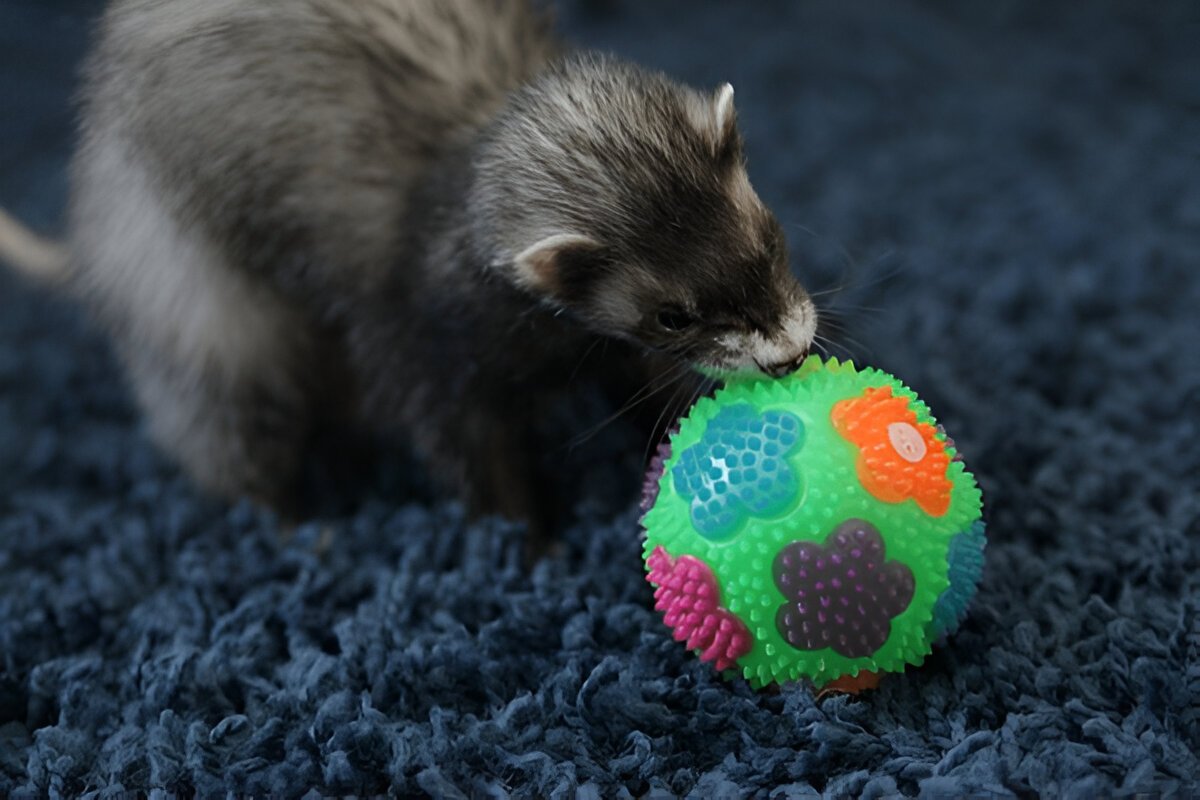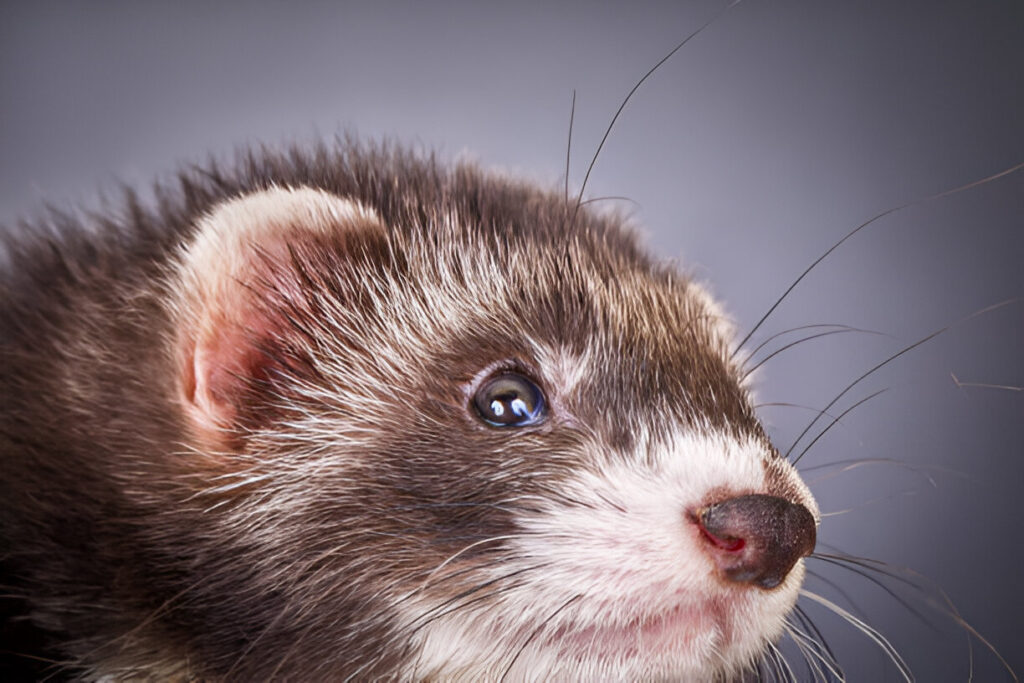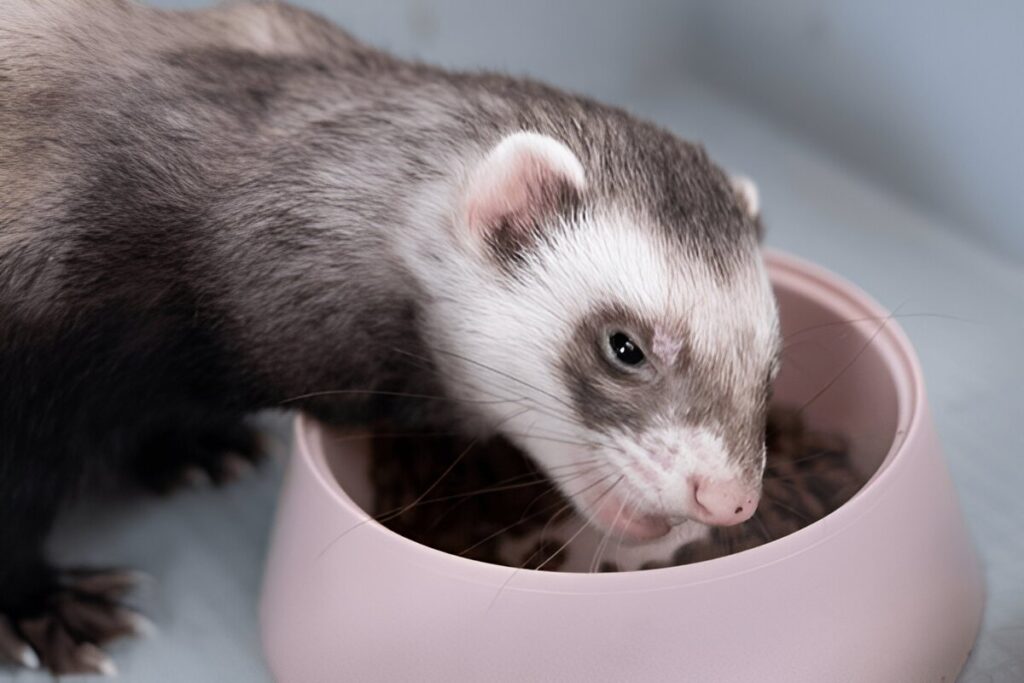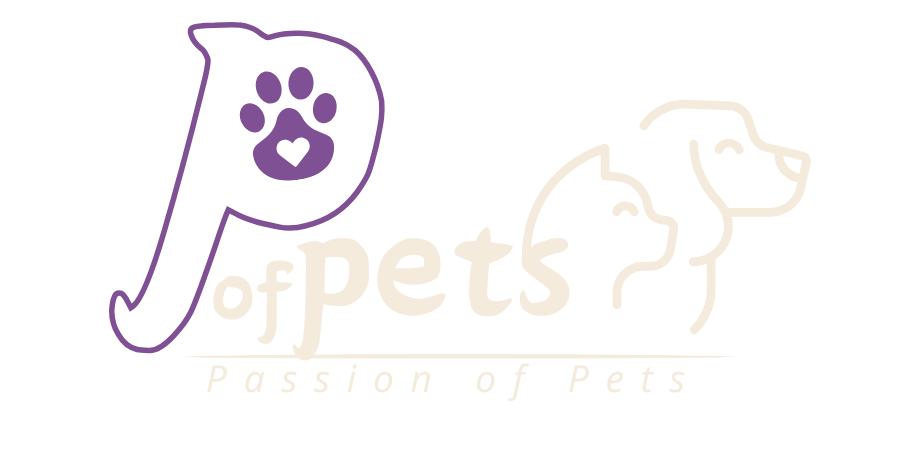Safe Chew Alternatives for Ferrets: A Comprehensive Guide
Ferrets are naturally playful, inquisitive creatures that need exercise to take care of themselves. One natural activity of a ferret is chewing. It serves for curiosity and can also reduce stress or pain within their mouth from growing teeth. But all things chewable are not suitable for them. Improper toy chewing or improper objects given to them could result in choking hazards, intestinal blockage, and poisoning.
It is a great responsibility for the owner to take care of and provide the appropriate and safe chew alternatives for his furry friend in order to keep it happy and healthy.
This blog covers various types of safe chew alternatives for ferrets, explains why chewing is important for them, and offers tips on how to choose the best options for your pet.
Why Do Ferrets Chew?
Before diving into safe chew alternatives, it’s important to understand why ferrets chew in the first place. Chewing is a natural and instinctive behavior for ferrets, deeply rooted in their biology and behavior. It serves several essential purposes, each contributing to their overall well-being. Let’s explore these reasons in greater detail:
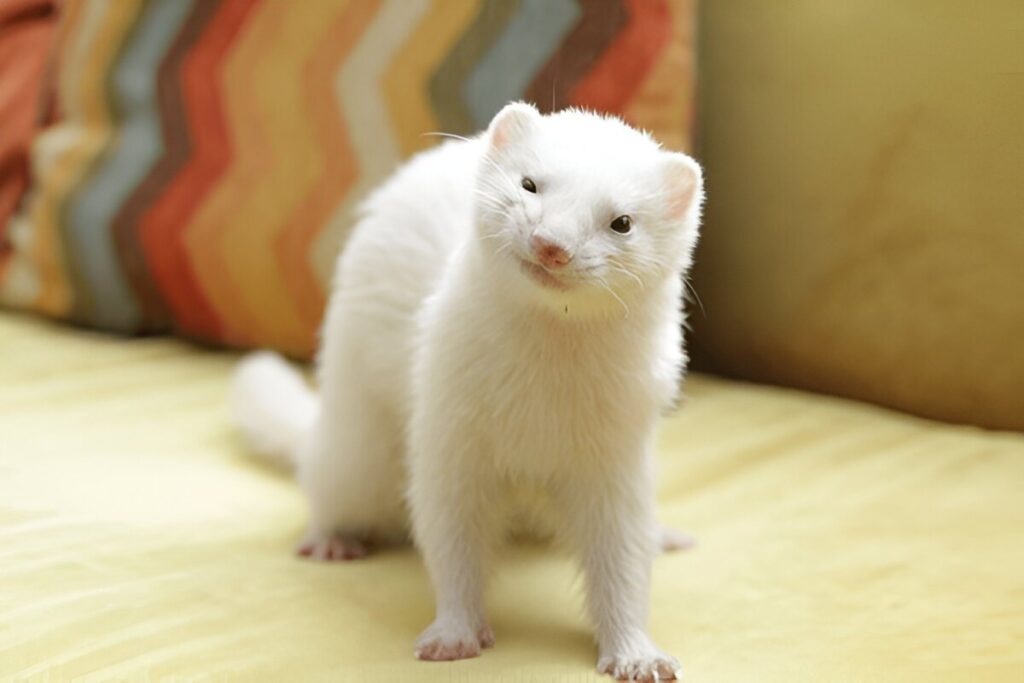
Dental Health:
Chewing plays a vital role in maintaining a ferret’s dental hygiene. Like most animals, ferrets have plaque building up and forming tartar on their teeth. Much of this is worn off by chewing, which cleans and hardens the teeth. Failure or inability to care for the teeth can cause painful dental diseases, such as gingivitis and tooth decay, and even abscesses to develop in ferrets.
Such chewing could thus serve as a natural toothbrush, reducing risk factors for these issues. Some ferret owners even provide specially designed dental chews or toys to support their pet’s oral health.
Relieving Stress:
Ferrets are very social and intelligent animals, and they can easily become stressed or bored when left alone for extended periods or if their environment lacks stimulation.
Chewing can serve as a coping mechanism, helping them release pent-up energy or anxiety. For example, a ferret that has been alone all day may chew on a soft toy or blanket because it soothes them. Engaging in the use of chew toys or interactive playtime can help minimize stress-related chewing to keep your ferret mentally and emotionally balanced.
Exploration:
Ferrets are naturally curious animals, and they use their mouths as a primary tool for investigation into new surroundings.
Chewing is a way for them to learn about new things, including objects, textures, and even flavors.
For example, a ferret may chew a rubber toy to determine if it is edible or gnaw at some type of cloth to learn more about its texture. In this way, the exploratory behavior applies primarily to younger ferrets who are still learning about the world around them. Yet, playtime is supposed to be supervised in order not to let them eat anything dangerous.
Teething:
Like puppies and kittens, the young ferrets also have a teething stage. During that time, their milk teeth fall out, and their permanent teeth grow.
This can be painful, and chewing relieves the pain by massaging their gums.
You might find your ferret chewing a lot more now or more assertively during this phase. Providing correct teething toys, like soft rubber items or frozen chewables, will help and hopefully stop them from getting onto unsuitable items, like furniture or electrical cords.
Instinctual Behaviour:
In the wild, ferrets are predators. They catch prey and tear it apart by using their pointed teeth. Domesticated ferrets also have this instinct-even though they need not hunt for food, the instinct to chew and gnaw remains intact.
This may be considered instinctive behavior still encoded in their genes. This may display itself as playful nibbling or in more persistent chewing. Understanding these instincts can help you provide outlets for these natural behaviors,
safely and with control. Safe Chewing:
While chewing is a normal and healthy behavior for ferrets, it is important to ensure they have available to them items that are safe and appropriate to chew on. Inappropriate chewing may lead to serious health risks, including intestinal blockages from ingesting non-digestible materials or injuries from sharp objects.
For example, a ferret that likes to chew on rubber bands or plastic bags may swallow a piece and create a life-threatening emergency.
Chewing on electrical cords also carries the risk of burns or electrocution.
To avoid these hazards, owners should make available a range of safe chew toys designed for ferrets or small animals. Examples include:
Hard rubber toys: Durable and non-toxic, these can withstand vigorous chewing.
Fabric toys: Soft and chewable, though not to contain small parts easily torn off and swallowed.
Edible chews: These would come in the right, safe material for digestion, serving two purposes of calming their need to chew with something nice to taste.
- Other homemade remedies that work: A number of owners freeze small pieces of fruits and vegetables in an ice cube for teething ferrets, which both soothes and is ingestible.
Unsafe Chew Items for Ferrets
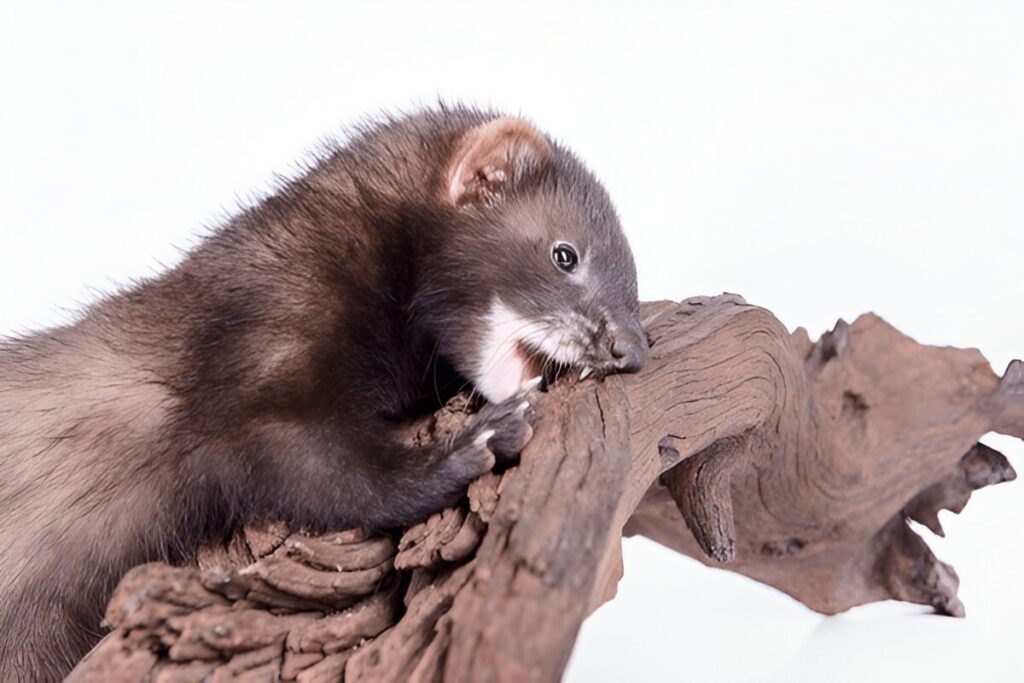
Ferrets are naturally curious and playful animals. They are most of the time attracted to gnawing on everything around them. Not all things are safe for chewing. Ensuring the health and safety of your ferret requires a knowledge of common household items that may be dangerous to your pet. Herein are details about the things which should not be chewed by your ferret, discussed below:
- Rubber or Latex Items:
Ferrets are usually attracted by the texture of rubber or latex, yet these are the most dangerous. Items such as rubber bands, latex gloves, or rubber toys easily break down into small pieces when chewed. If swallowed, these fragments can cause intestinal blockages, which may require emergency veterinary intervention. Even seemingly durable rubber toys can degrade over time, so it’s best to avoid them altogether. - Plastic Items:
Plastic items include but are not limited to bags, packaging, or small toys. Your ferret may chew off small bits of plastic that can get stuck in the throat or digestive tract, causing choking, internal injuries, or blockages. Besides this, some plastics contain toxic chemicals that can be leached into your ferret’s system once ingested. - Foam or Sponge Materials:
Materials of foam and sponge, like in cushions, mattresses, or specific toys, are particularly dangerous because ferrets can tear them easily. Once ingested, the foam may expand inside the stomach or intestines, creating severe blockages that may require surgical removal. Even small amounts of foam can be harmful; therefore, keep these materials out of your ferret’s reach. - Toxic Materials:
Don’t give your ferret access to products treated by chemicals, paints, dyes, or similar toxic substances. For example, painted wood can be poisoned, as well as treated leather and some fabric paints. Always select natural, raw materials when looking at new chew toys and bedding. - Human Food:
As tempting as it may be, many human foods are toxic to your ferret, so avoid the temptation to share snacks with them. Chocolate, caffeine, sugary treats, and certain fruits-including grapes and raisins-can cause seizures, kidney failure, or digestive problems in your ferret. Being obligate carnivores, ferrets require a very specific diet, so stick to foods and treats safe for them.
Safe Chew Alternatives for Ferrets
Now that we’ve covered what to avoid, let’s explore safe and enjoyable chew alternatives for your ferret. Providing appropriate chew items not only satisfies their natural instincts but also helps keep their teeth clean and healthy. Here are some excellent options:
- Ferret-Specific Chew Toys:
Look for special ferret chew toys made from durable material that is nontoxic to them and which they cannot easily destroy with their sharp teeth. Examples include hard rubber toys free of latex, nylon-based chews, and other similar items. Always check on the label for safety about being ferret-safe. - Natural Wood Chews:
Untreated, pesticide-free wood chews can be a great option. Avoid softwoods like pine or cedar, as they can splinter and cause harm. Instead, opt for hardwoods like applewood or birch. Make sure the wood is free from any coatings or chemicals. - Rawhide-Free Chews:
Rawhide is a very popular dog chew but not suitable for ferrets because of the risk of choking or blockages. Consider instead rawhide-free chews, with digestible materials including vegetable-based fibers. These are safer and easier for them to pass through. - Ferreting Tunnels and Tubes:
Ferrets enjoy both investigating and gnawing at tunnels and tubes. Opt for those made of durable, non-toxic materials such as extra-dense fabric or hard plastic. Make sure there are no small detachable parts or loose threads that can be chewed off and swallowed. - Dental Chews and Treats:
There are specifically formulated dental chews and treats for ferrets to help with oral health. Such products are designed not to pose a problem in case of digestion and often include ingredients that favor dental hygiene. - Interactive Toys:
Toys that stimulate both mentally and physically can also serve as safe chews. Get either puzzle toys or treat-dispensing toys made from ferret-safe materials. These keep your pet entertained and satisfy their urge to chew on something in a very safe manner. - DIY Options:
If you’re feeling creative, you can make your own ferret-safe chew toys. For example, braided strips of untreated, natural fabric-like cotton-can be a fun and safe item to chew on. Just make sure there are no loose ends or small parts that could be swallowed.
Additional Tips for Owners of Ferrets
- Supervise Playtime: Always monitor your ferret during playtime to ensure they’re not chewing on unsafe items.
- Rotate Toys: Rotate chew toys regularly to keep your ferret engaged and prevent boredom.
- Inspect Toys: Frequently check the condition of chew toys. Replace them when they get damaged or become dangerous.
- Consult Your Vet: If you’re unsure about the safety of a particular item, consult your veterinarian for advice.
Safe Chew Alternatives for Ferrets
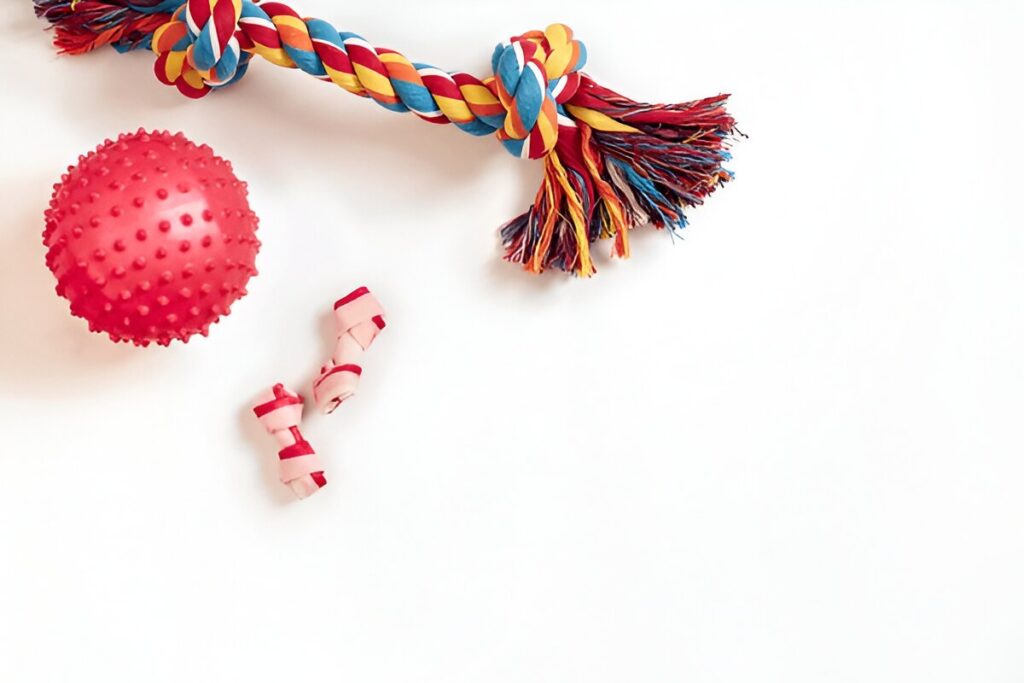
Ferret-Specific Chew Toys
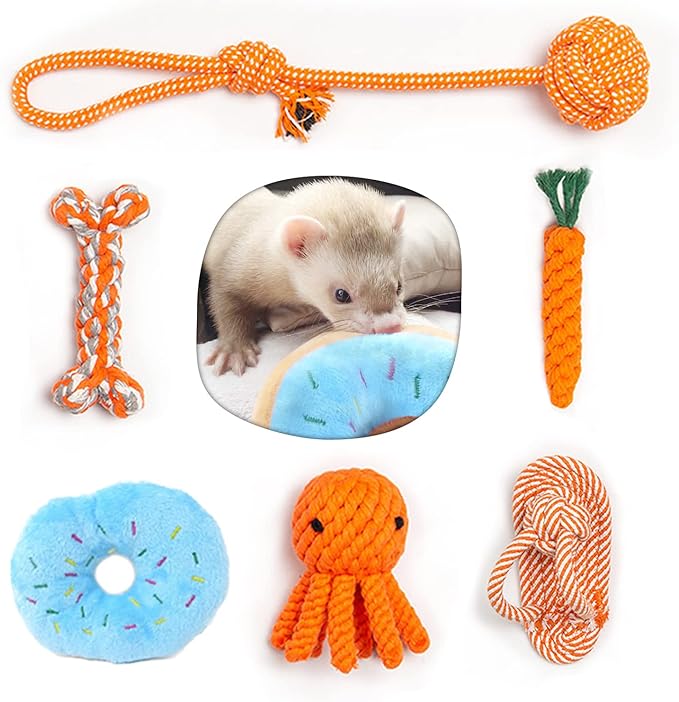
- Description: These are toys meant specifically for ferrets, manufactured with nontoxic and safe materials.
- Examples: Examples include hard rubber toys or durable fabric toys that a ferret can chew.
- Benefits: These are designed to be safe for ferrets and keep them occupied with minimal risk of choking or ingesting parts.
Fabric Toys
- Description: Soft fabric toys are fine, but not if they have small parts that can easily be torn off and swallowed.
- Examples include: Fleece toys or fabric balls.
- Benefits: These are soft on the teeth of your ferret and add variety in texture for them to mouth.
Ferret-Safe Ropes
- Description: Natural fibers rope toys may be the safest option for your ferret to chew on.
- Examples include: Hemp or cotton rope toys.
- Benefits: Rope toys are a different texture for your ferret to investigate and are non-toxic and safe for them to chew on, too.
Rawhide-Free Chews
- Description: Keep away from rawhide chews, because it’s not easy for them to digest. Opt for chewies without rawhide and made from natural ingredients.
- Examples include: Vegetably-based chews or compressed wood chews.
- Benefits: The chews herein are easier to digest and will be less likely to create blockages.
Natural Wood Chews
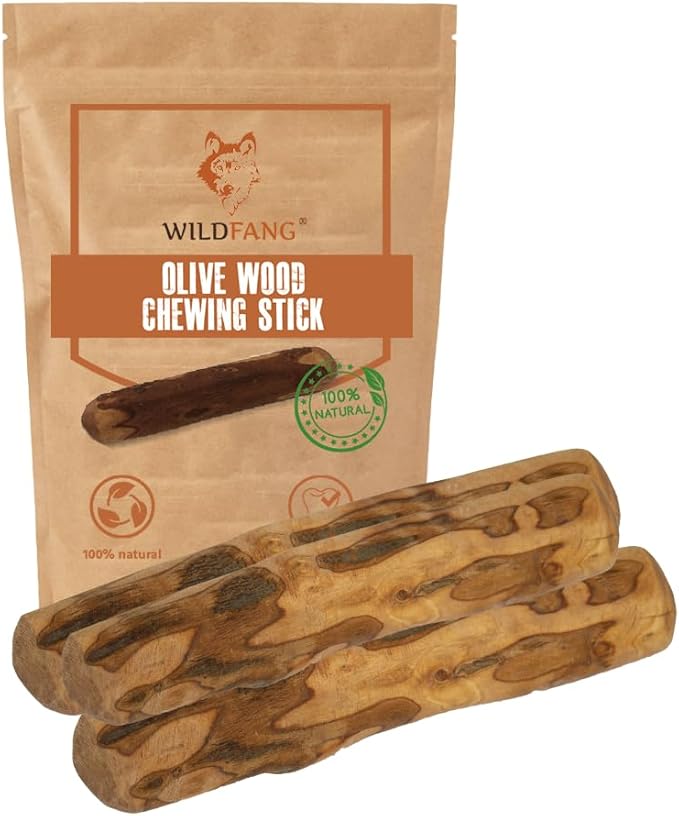
- Description: Wood chews not treated and without pesticides are ideal for ferrets.
- Examples: Applewood sticks or birch wood chews.
- Benefits: Ferrets will love to chew on wood toys and also promote dental health.
Freeze-Dried Treats
- Description: Freeze-dried meat treats that can be given as a snack and used as a chew toy.
- Examples: Freeze-dried chicken, duck, or turkey.
- Benefits: High in protein and satisfies the natural chewing instinct of your ferret.
Hard Rubber Toys
- Description: Hard rubber toys rank among the best playthings for ferrets, as they outlast a number of chewing.
- Examples: Kong toys or other rubber toys made for small animals.
- Benefits: These are durable and can be a great way to keep your ferret amused.
Cardboard Tubes
- Description: Toilet paper or paper towel roll cardboard tubes make great safe chew toys for ferrets.
- Examples: Empty toilet paper rolls or small cardboard boxes.
- Benefits: Cardboard is safe for ferrets to chew and, when worn out, is easily replaced.
PVC Pipe Toys
- Description: Ferret owners may make their own chew toys out of PVC pipes.
- Examples: Small pieces of PVC pipe joined together into a maze or chew toy.
- Benefits: PVC is very durable for ferrets to chew, and safe.
Edible Chew Sticks
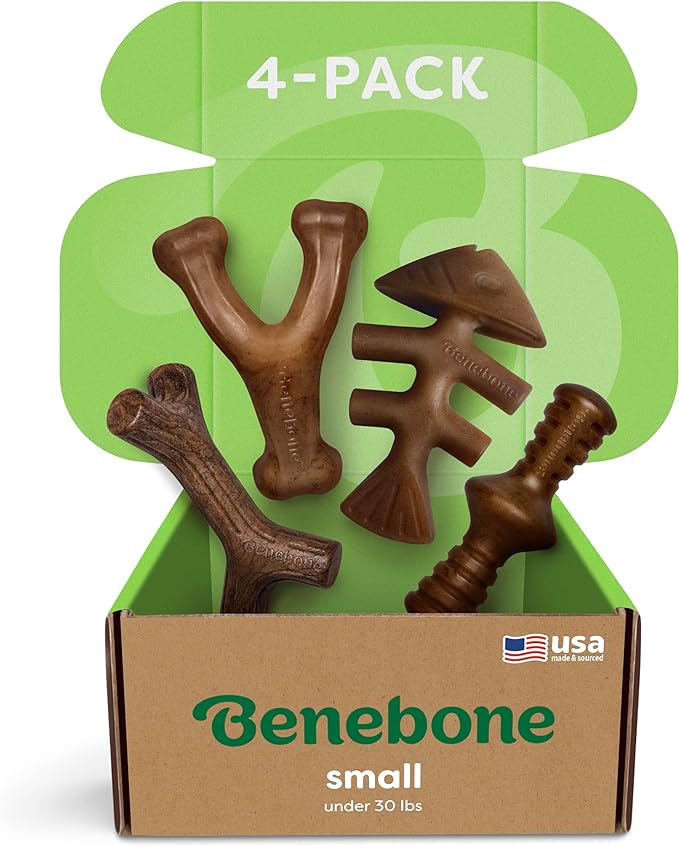
- Description: Edible chew sticks made of natural ingredients are another good option that can be given to your ferret.
- Examples: Sweet potato chews or vegetable-based sticks.
- Benefits: These chews are non-toxic and serve as tasty treats for your ferret.
Tips for Choosing Safe Chew Alternatives
When selecting chew toys or substitutes for your ferret, here are a couple of easy tips to follow:
- Size Matters: Select toys that are appropriate in size for your ferret. Avoid small items that can be swallowed or get stuck in their throat.
- Durability: Ferrets are tough chewers, so select durable toys that won’t break apart easily.
- Non-Toxic Materials: Make sure all chew toys are made from non-toxic, ferret-friendly materials.
- Supervise: Always supervise your ferret when introducing a new chew toy to ensure they’re using it safely.
- Variety: Offer a variety of textures and materials to keep your ferret engaged and satisfied.
Conclusion
Providing safe chew alternatives for your ferret is essential for their physical and mental well-being. By understanding their natural chewing behavior and offering appropriate toys and treats, you can help keep your ferret happy, healthy, and entertained. Remember to avoid unsafe items, choose durable and non-toxic materials, and always supervise your ferret during playtime.
With the right chew alternatives, you can ensure that your ferret’s chewing habits are both safe and enjoyable. Happy ferret parenting! 🐾
Do you have any favorite chew toys or tips for ferret owners? Share them in the comments below!
Yuns Legdm is a passionate advocate for pet care and the founder of this website, dedicated to providing valuable information for fellow pet lovers and veterinary professionals worldwide. With a deep love for animals, Yuns created this platform to connect passionate pet owners with expert insights from veterinarians around the globe.
This website grows with you—the passionate pet owners and veterinary experts—creating a trusted space where knowledge, experience, and love for animals come together. Whether you’re seeking advice on pet health, nutrition, or general well-being, this platform is here to support you on your journey of responsible and loving pet care.

